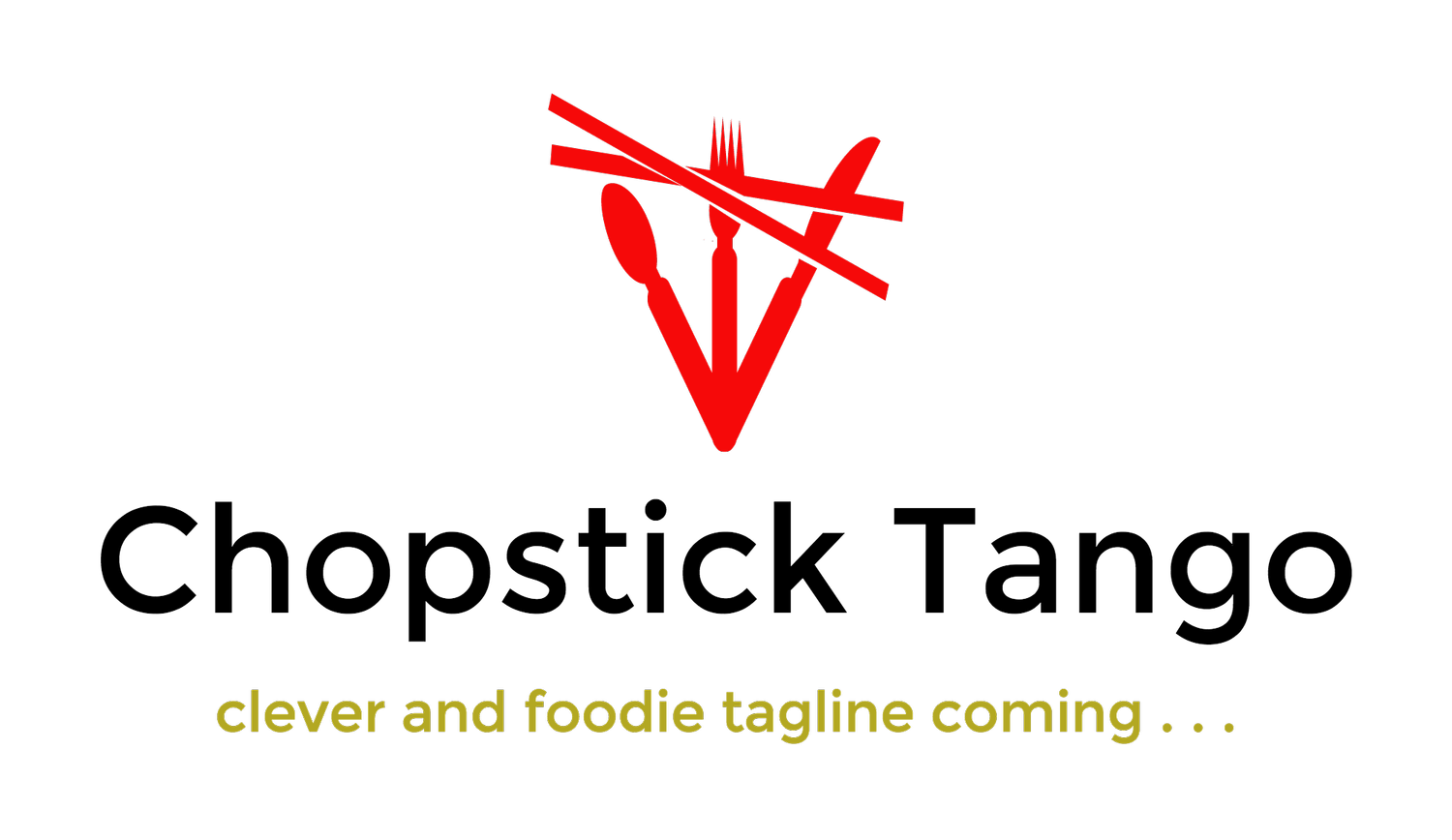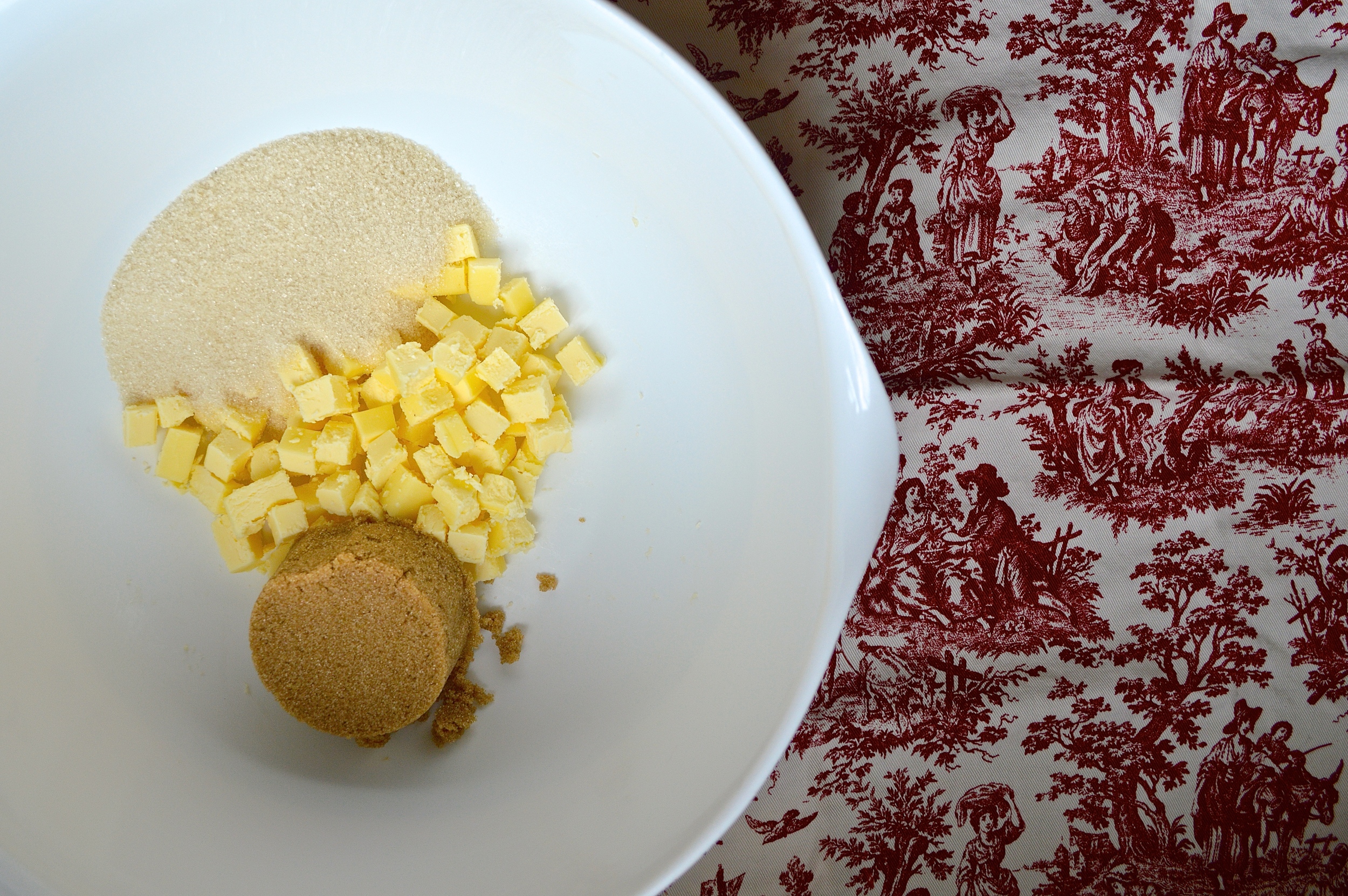#tbt July 2012: In a little town called Tagong, high on the Tibetan Plateau where little thrives but yaks and Buddhism, food + magic = happy little piggy.
___________________________
Without a doubt, Chinese food is the best food in the world. I say this, of course, because the flavors of my motherland course through my veins and because Chinese food in its unadulterated form is candidly delicious (sadly, 99% of you, through no fault of your own, have absolutely no idea what I'm talking about because if you tell me you've had Chinese food and it wasn't in China or perhaps Flushing, Queens or San Francisco, or in my kitchen, then I promise you you have not). Chinese food, and this is the clincher for me, is also deeply rooted in wit, puns, and illusions, a culinary magic show to tease and tantalize all the senses.
A dish can be playful and coy: its aroma, presentation, taste, and texture colluding to masquerade and surprise. Even the name of a dish can be a carefully crafted riddle.
Having eaten naught but yak meat, yak yogurt, and yak milk for days straight, we went in search of vegetarian Chinese food. A group of German trekkers at our hostel pointed us to a hole-in-the-wall run by, literally, a mom and a pop.
“The word on the street is that you make an amazing eggplant dish.”
“Ah, you must be talking about our yuxiang qiezi,” she said, reaching into the vegetable bin and coming up with two long eggplants, a head of garlic, a bunch of cilantro, and a handful of chilies, red and green. Without breaking our gaze, she began slicing and chopping, the movements of her heavy cleaver sure and swift. Such knife skills were very promising. We poured some tea and waited.
This husband-and-wife team was a well-oiled machine. When she had finished all the prep work, he fired up the wok, which was soon snap-crackle-popping away, wafting heavenly and mysterious aromas. I wasn’t familiar with yuxiang qiezi and did not know what to expect beyond something eggplant-based that smelled increasingly amazing.
The dishes arrived on the table, and I stared down, my quizzical expression reflected in the slick, glistening surface. It was a mush … albeit festive like Christmas.
The first bite was velvety soft, tangy, spicy, sweet … and fishy?! I crinkled my nose, focused, and tried again.
And then, then I saw behind the magic curtain. Yuxiang qiezi (鱼香茄子) translates into “fish essence eggplant,” that is, the eggplant is meant to imitate fish!!
The pieces now all fell into place: the minced eggplant flash-fried and then sautéed to the texture of fish flesh; the fish sauce, yellow wine, and vinegar gravy for essence of fish; the dish served in a fish-shaped platter. The result greater than the sum of all its clever, clever parts.
My enlightened third bite was unequivocally delicious.
Oh, hey, some photos of the annual horse racing festival that we were so incredibly lucky to catch (apologies for the abysmal action photography, eggs at rest are much easier subjects).













